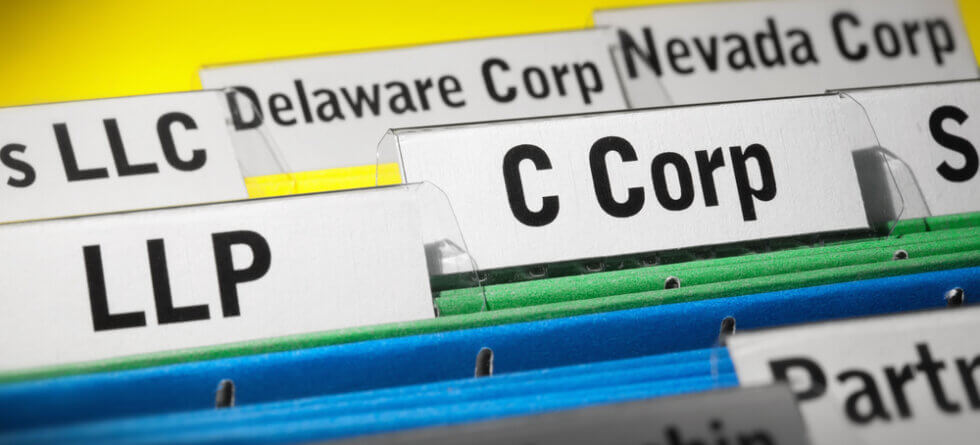The cheapest business entity to form typically depends on your location, business goals, and the specific legal and regulatory requirements in your jurisdiction.
Here are some common business entities and their general considerations for cost:
- Sole Proprietorship: In many regions, operating as a sole proprietorship is the simplest and least expensive way to start a business. You generally don’t need to file formal paperwork or pay registration fees. However, you may still need to obtain local business licenses and permits, which can vary in cost.
- Partnership: Similar to sole proprietorships, general partnerships often don’t require formal filing fees to create. Partners typically draft a partnership agreement outlining their roles and responsibilities, but this doesn’t involve significant costs. Limited partnerships (LPs) or limited liability partnerships (LLPs) may have additional registration requirements and fees.
- Limited Liability Company (LLC): Forming an LLC usually involves filing articles of organization with the appropriate state or government agency. The filing fees can vary widely by jurisdiction but are generally moderate compared to other business entities. LLCs also offer personal liability protection.
- Corporation: Incorporating a business, whether as a C corporation or an S corporation, typically involves higher filing fees compared to sole proprietorships or LLCs. These fees can vary significantly by state. Corporations often have more extensive compliance and reporting requirements.
- Nonprofit Organization: If you’re forming a nonprofit entity, you may be eligible for reduced filing fees or tax exemptions, depending on the jurisdiction. However, nonprofits must comply with various regulations related to their tax-exempt status and may incur ongoing administrative costs.
- Cooperative: Cooperatives are formed by individuals or businesses with common interests. The costs of forming a cooperative can vary based on location and specific cooperative type but generally involve filing articles of incorporation or association.
While the formation costs of these business entities vary, there are ongoing costs associated with maintaining and operating a business, regardless of the entity type. These costs may include business licenses, permits, taxes, insurance, legal fees, and compliance with state or local regulations.
Before choosing a business entity, consider factors beyond just the initial formation cost, such as liability protection, tax implications, management structure, and your long-term business goals. Consult with legal and financial professionals or use online resources provided by your local government to understand the specific requirements and costs associated with forming and operating a business in your area.




